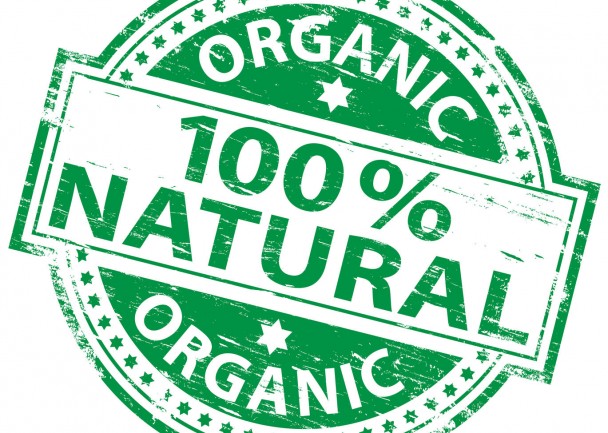5 Facts You Should Know about Organic Food
The organic diet has become an international phenomenon, as more and more consumers adopt this healthy trend. People enjoy eating organic foods because they provide more nutrients, possess less chemical residue, and are fresher than conventional foods. Most consumers are knowledgeable about this information. However, there are some unusual, but interesting facts that few consumers are aware of.
1. Just because it’s labeled organic doesn’t mean all of the ingredients within the package are organic. The majority of the ingredients (minimum of 70%) must be organic for the USDA to officially classify something as organic. If this is the case, the package will usually say something like “made with organic ingredients.” If the package says “100% organic,” that means all of the ingredients are organic.
2. Organic fish does not exist. The National Organic Program has not (yet) decided on the standards for fish that would classify it as “organic.” However, when deciding between farmed and wild fish, some important differences should be considered. Wild fish tends to have less contamination because it is raised in a natural environment, while it tends to be healthier due to the oils within the fish. Additionally, many people prefer the taste and appearance of wild fish, although it is generally more expensive.
3. Organic doesn’t mean pesticide-free. It is true that several organic foods have a lower list of chemicals used to prevent insect invasions, but it is up to debate whether or not these pesticides are truly any better for the Earth. However, it is true that organic fruits and vegetables contain less pesticide residue compared to conventionally grown foods.
4. Organic foods, especially meat, can be more contaminated that inorganic foods. Organic meat isn’t treated with antibiotics, conventional meat is. However, adding antibiotics to chicken or beef reduces the amount of bacteria in it. However, cooking meat at safe temperatures and for the proper amount of time will reduce the likeliness of contamination.
5. Organic “grass-fed” meat isn’t always grass-fed. Livestock that roam in large fields usually eat grass for the majority of their lifetime. However, during months of drought/winter, livestock are forced to go indoors to be fed hay and other foods. Although these animals are eating foods other than grass, they are still eating grass most of the time.
Source: Prevention.com





